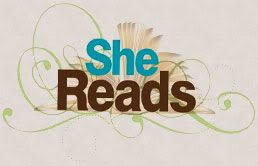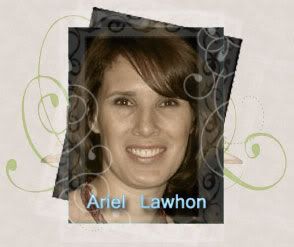
At the Mount Hermon writers' conference last year, one of the most interesting segments was a small group setting in which several writers, agents and editors shared their favorite gadgets for writers. They ranged from the new Kindle reading device to backup and storage solutions.
However, some of the most useful things are not expensive nor even electronic. Take the screen that I use in my office. Three-part screens can be ordered online for just over $100 or are often for sale in consignment and second-hand furniture stores. Mine is a sombraje screen (made from peeled cottonwood branches) and is characteristic of New Mexico, where I live.
Here is a photo of my screen in its current use. I am writing a novel based in the first century, and the main character's life intersects at points with that of the Apostle Paul. Those are little maps of his missionary journey at the top of the screen, and below (partially hidden by the manila file folders) are timelines of his ministry along with secular history.
I said this is its current use -- kind of a folding bulletin board. However, I usually have it between my desk and the door of my office. We have so much
company in my home that putting the screen there keeps guests from feeling they have to say "hi" as they go down the hall, and keeps me from feeling guilty when I am writing to meet a deadline and have people visiting other family members. It's kind of a compromise between a closed door and a welcome mat. And it works very well!
~
Low-tech is the way to go for me. I'm not against technology; computers are my friend - but I'm not a gadget gal. I've tried learning Scrivener but the timing was off, and I ended up back in Word to write my next novel (blessedly nearly finished). I'll try again when I'm less crunched for time. My low tech lovely is the simple writing journal. Each novel gets its own journal. Long hand writing helps my memory. I start rough sketching plot and character sketches long hand in a journal.
For my upcoming novel, Time & Time Again- an atmospheric, slightly chilling story, I chose this journal:
As I contemplate another novel, I have started a new journal. It's lovely to have these hand written books on my shelf beside the finished product.
~
A
very lo-tech device I began using three manuscripts ago is my character collage. I've written about it before, but it's a useful way to keep my characters in front of me, and keep their physical traits straight. When I begin a novel I spend days creating and naming my characters. Occasionally I'll write several chapters using a name for someone only to find it isn't the right name. Then I have to go back and figure out who they really are. I know when it's wrong, and I know when it's right.
~Once I "cast" my novel, I spend days looking at "headshots" until I find the face that goes with the character in my head. I print a small photo of it onto a sheet of paper, then go looking for the next character and add that photo to the collage. This gives me a visual of each person in my novel and makes them more real to me as I write.
~That doesn't mean I describe them in intricate detail. I prefer to leave much to the imagination of my readers, because their vision of what a character looks like may not match the one I give them. Who hasn't seen a movie from a book they 've read, only to be disappointed that so-and-so looks
nothing like they're supposed to? But it's a great visual aid for a writer. Case in point -- and it couldn't have happened at a better time: I'm watching
Alex and Emma, and Emma says to Alex the author, "I hate it when ... authors use a name like John Shaw. I picture in my mind thin with a stylish mustache and then when you finally get around to describing him he's a fat old fart with a hole in his teeth." So the collage is mostly to keep my characters before me.
~The collage also keeps me from getting away from my story for very long, because it's right there by my computer where I spend most of every day. Right now I'm looking at a beautiful 3-year old girl who's asking me to tell her story. I'm doing my best, Kinsey. I really am.
Bonnie stole my thunder about having a journal for each book, so I'll add that I divide mine with tabs for characters, plot, setting, and research. It's the most useful 'device' I have to help me write. My second-best gadget is a lighted notebook that I keep on my nightstand. It has a pen inserted in the top. When you pull it out, the writing area lights up. When you return the pen to the slot, the light goes out. I can't tell you how many times I have used it in the middle of the night when I have an idea and there's no way I would remember it by morning. It's not bright enough to disturb my husband, either. My son found it at Brookstone in the mall last year.

This is how it looks when it's lighted. It fits in the palm of my hand and is easy to grip as I write. That doesn't mean I can understand my handwriting any better - after all, it's probably 4:00 in the morning - but it gives me something to work with. Thank you, son!
Low-tech suits me fine! I need a reminder to remain focused on the moment in the story I'm writing. If I think about all the remaining chapters and trying to write a satisfying ending and meeting the d-e-a-d-l-i-n-e, deadline, I turn to cognitive jelly. So, from a cue I found in
Bird by Bird by Anne Lamont, I made up this tiny sign--1" x 1.5" and put it in a tiny frame. "Write only what you can see through me." I write one sentence, one paragraph, one scene at a time. It's simple but a great stress reducer.
~




























